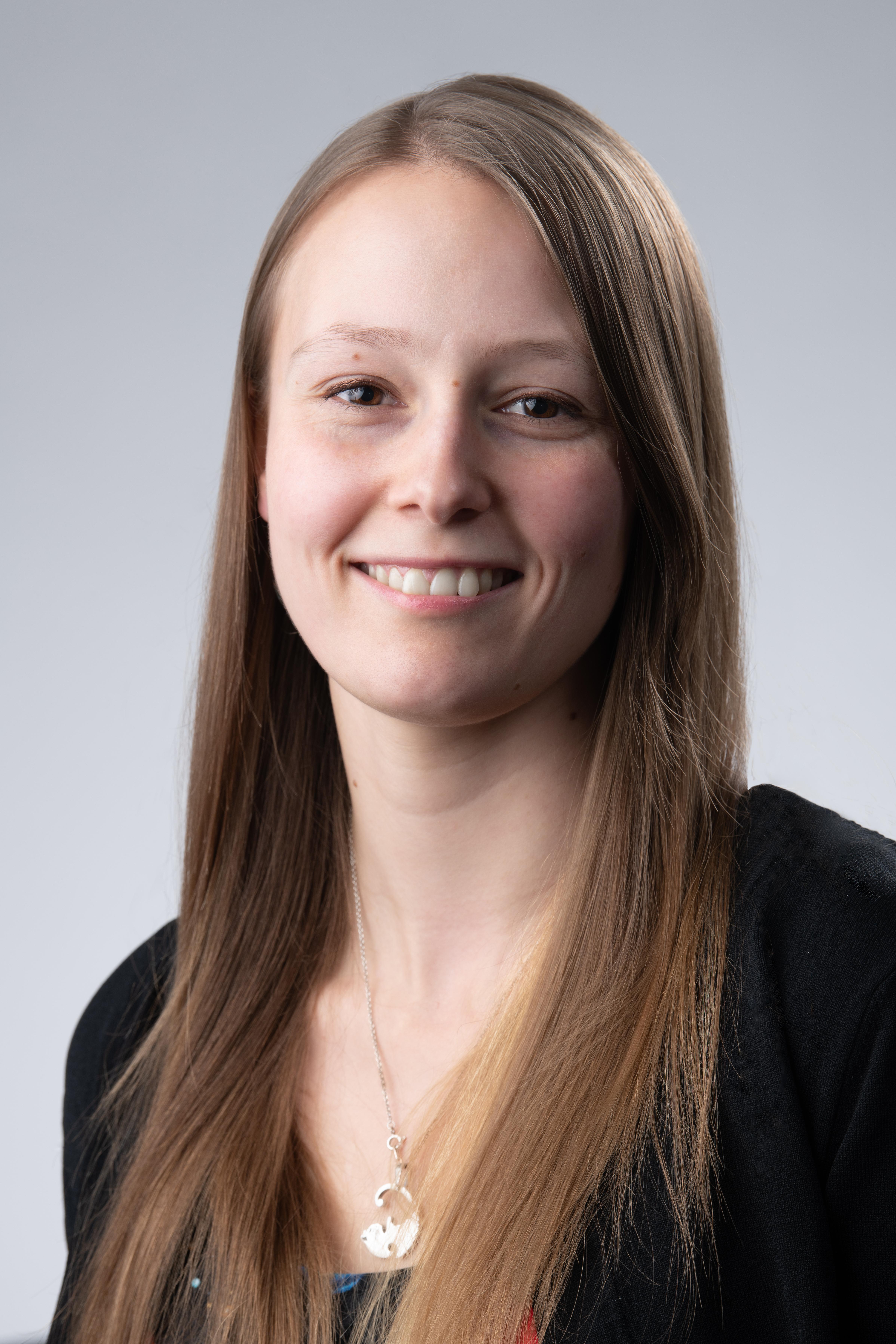By Richard LeComte
 Danielle Schaper, an experimental nuclear physics doctoral student and graduate assistant at the University of Kentucky and Los Alamos National Laboratory, has won the Harry Lustig Award from the American Physical Society.
Danielle Schaper, an experimental nuclear physics doctoral student and graduate assistant at the University of Kentucky and Los Alamos National Laboratory, has won the Harry Lustig Award from the American Physical Society.
Schaper received the honor thanks to a presentation she gave as a finalist in the 2020 competition at the society’s annual meeting. She presented on her dissertation work, “Precision Measurements of Parity Violation in Neutron-Nucleus Resonance States for Future Time-Reversal Violation Experiments.”
“Members of the committee commented specifically on the quality of her presentation, and the way in which she worked hard to make sure that everyone in the audience could be ‘on the same page,’” the society stated on its website. “Her talk was engaging and focused, and she did an exceptional job of carrying her enthusiasm for her subject through the internet to everyone’s screen.”
Schaper is working at the Los Alamos National Laboratory as a graduate research assistant in the MST-8: Materials Science in Radiation and Dynamics Extremes group. Although her dissertation research is in fundamental symmetries and Beyond the Standard Model physics (as a member of the Neutron OPtics Time Reversal EXperiment (NOPTREX) collaboration), she is also applying her skills to help characterize advanced scintillator materials for fast neutron radiography at the Los Alamos Neutron Science CEnter (LANSCE) Weapons Neutron Research Facility. She works on developing and refining nuclear physics methods such as neutron resonance spectroscopy into tools for materials characterization so that they may be applied to materials that are difficult to characterize such as irradiated nuclear fuels.
Schaper plans to defend her dissertation this spring. She has accepted a postdoctoral position at Los Alamos National Laboratory in the Physics division, where she will work on the search for neutrino-less double beta decay processes as a member of the LEGEND-200 and MAJORANA collaborations.
She is a graduate of Berea College, where she earned her bachelor’s degree in physics in 2014. In the past, she has also received the National Science Foundation Graduate Research Fellowship and a joint National Science Foundation/Japan Society for the Promotion Science fellowship.
For more information, see:
https://engage.aps.org/4cs/honors/prizes-awards/harry-lustig/lustig-2020
https://www.lanl.gov/science-innovation/science-highlights/2020/2020-11.php
